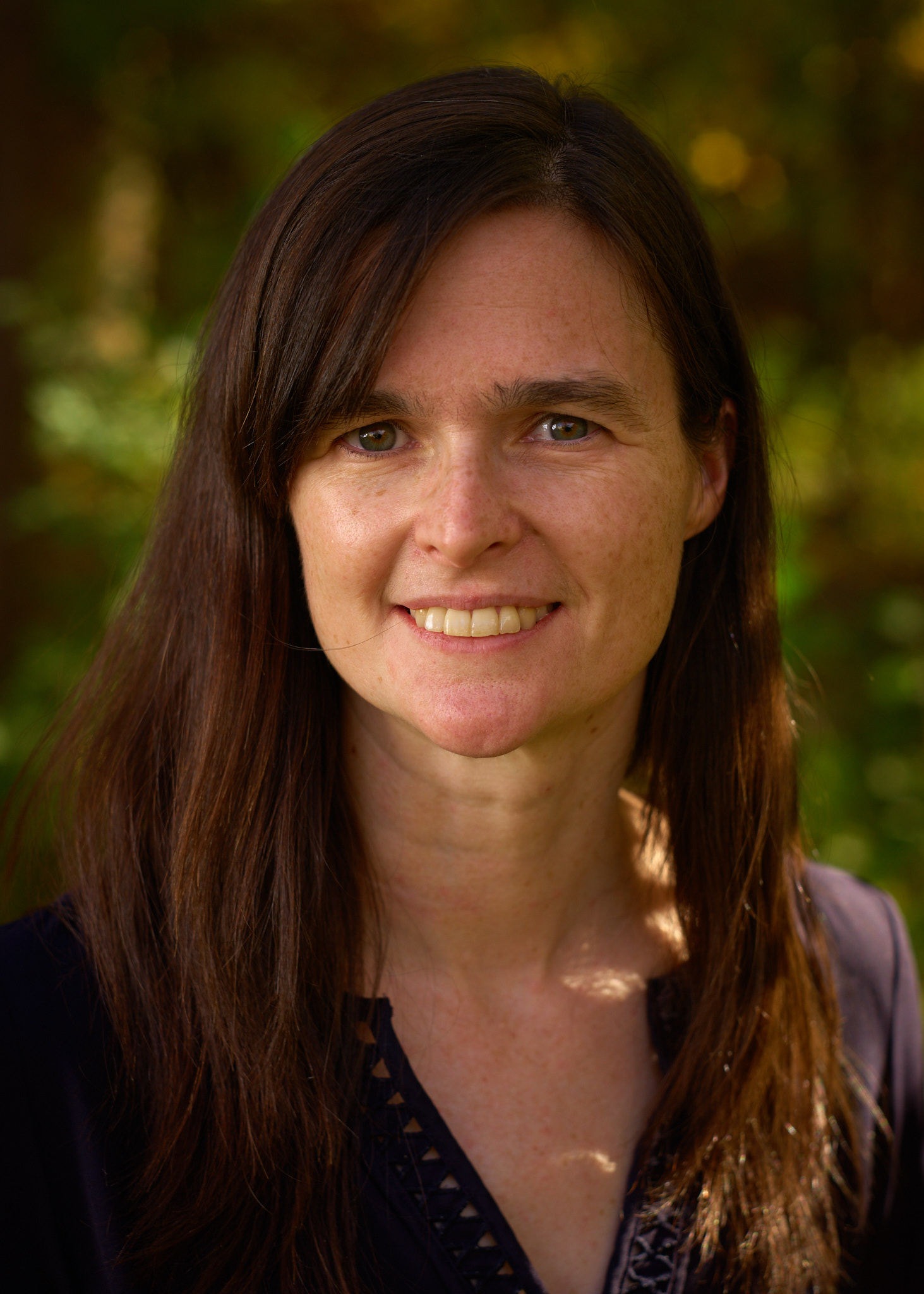Wednesday October 21, 2020, from 12:30 - 1:30 pm on Zoom
Using machine learning to estimate population exposure to air pollution during wildfires and its associated health impacts
Abstract
The increase in frequency and severity of wildfires occurring in the western US and the decrease in other sources of air pollution mean that smoke from wildfires is becoming an increasingly large fraction of total air pollution to which people are exposed. Compared to our understanding of the health impacts of other sources of air pollution, however, we know much less about the health impacts of wildfires. Using machine learning, we created daily surface concentration maps for PM2.5 and O3 during intense wildfires in California in 2008. We then linked these daily exposures to counts of respiratory hospitalizations and emergency department visits at the ZIP code level. We calculated relative risks of respiratory health outcomes using Poisson generalized estimating equations models for each exposure in separate and mutually-adjusted models, additionally adjusted for pertinent covariates. We additionally investigated effect modification by various measures of area-level socio-economic status. During the active fire periods, PM2.5 was significantly associated with exacerbations of asthma and chronic obstructive pulmonary disease (COPD) and these effects remained after controlling for O3. Effect estimates of O3 during the fire period were non-significant for respiratory hospitalizations but were significant for ED visits for asthma. In mutually-adjusted models, the significant findings for PM2.5 remained, however the associations with O3 were confounded. Future studies should continue to investigate the combined role of O3 and PM2.5 during wildfires to get a more comprehensive assessment of the cumulative burden on health from wildfire smoke.
Bio

Dr. Reid is an assistant professor in the Geography Department at the University of Colorado, Boulder. Her research focuses on the interaction of environmental and social exposures on population health with a particular focus on the health impacts of exposures influenced by global climatic changes and society’s responses to those changes. She has led research projects on the health impacts of exposure to smoke from wildfires, and the creation and evaluation of a national neighborhood-level map of vulnerability to extreme heat events. Dr. Reid received her MPH and PhD in Environmental Health Sciences from the University of California, Berkeley and did her post-doctoral training at Harvard University as a Robert Wood Johnson Foundation Health and Society Scholar. She also has an ScB in Environmental Science from Brown University.



